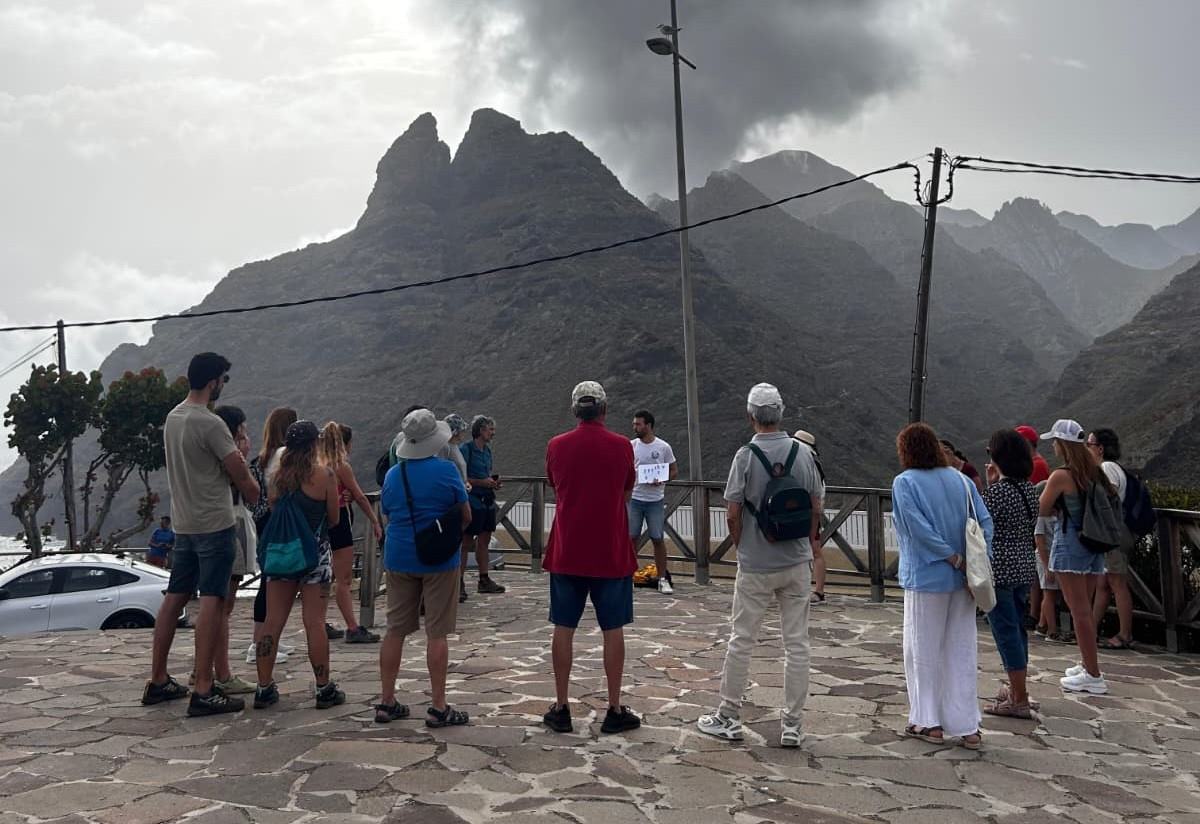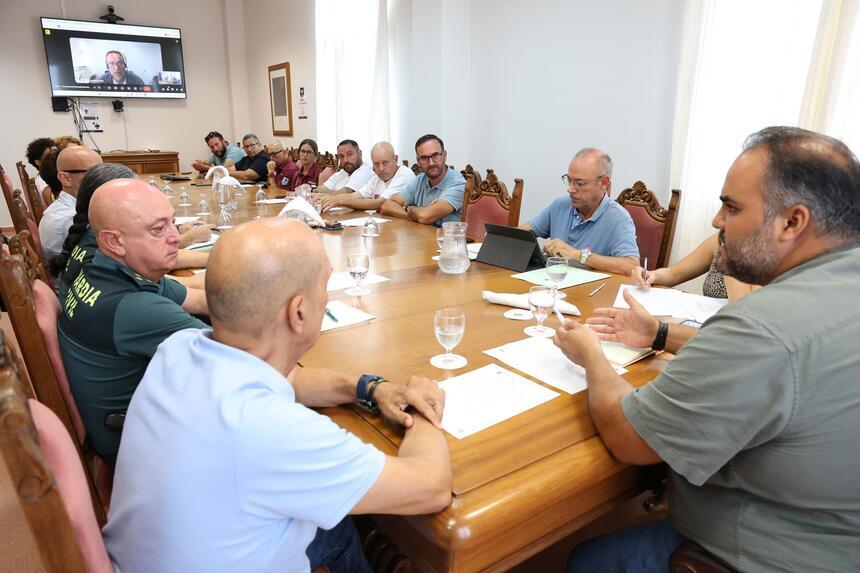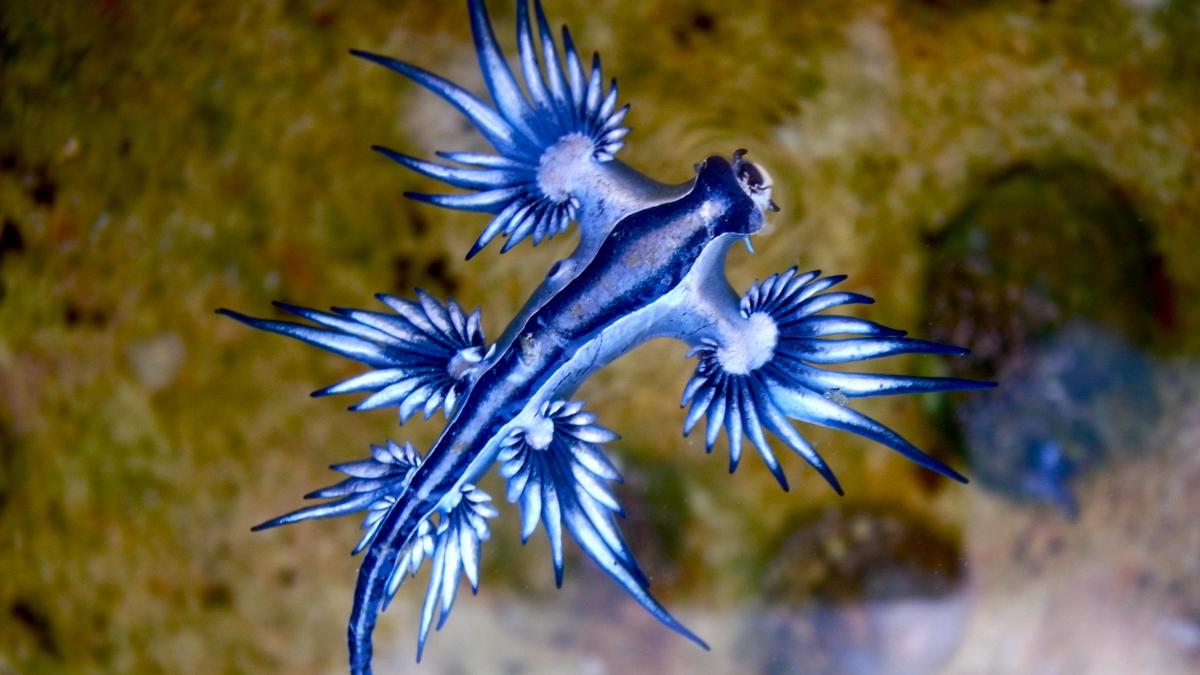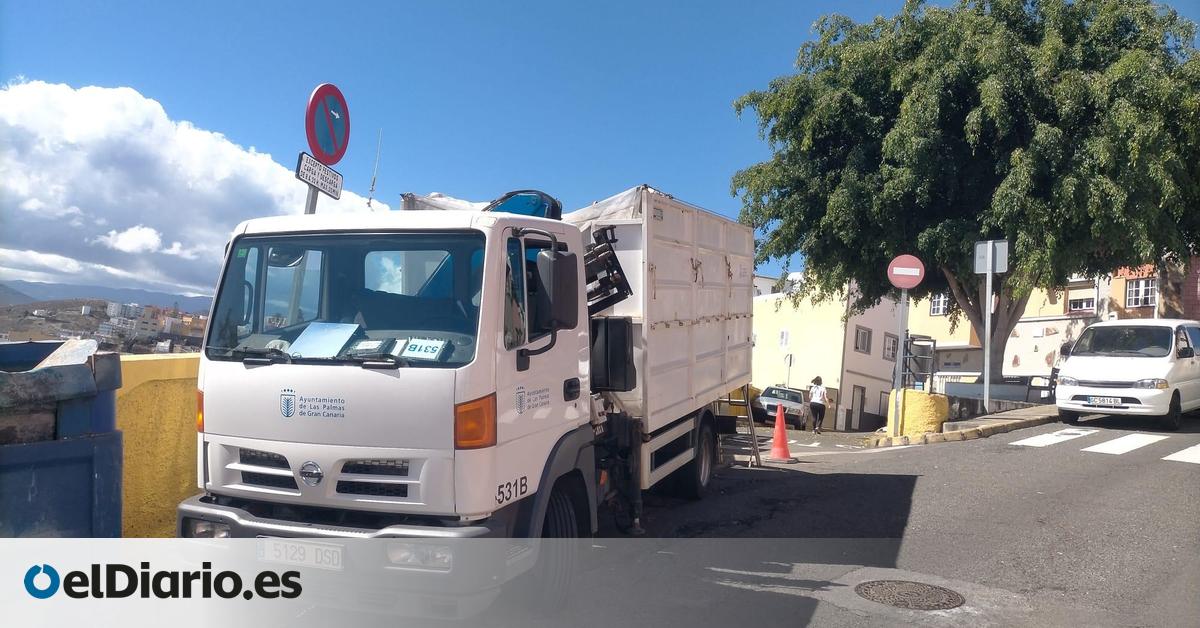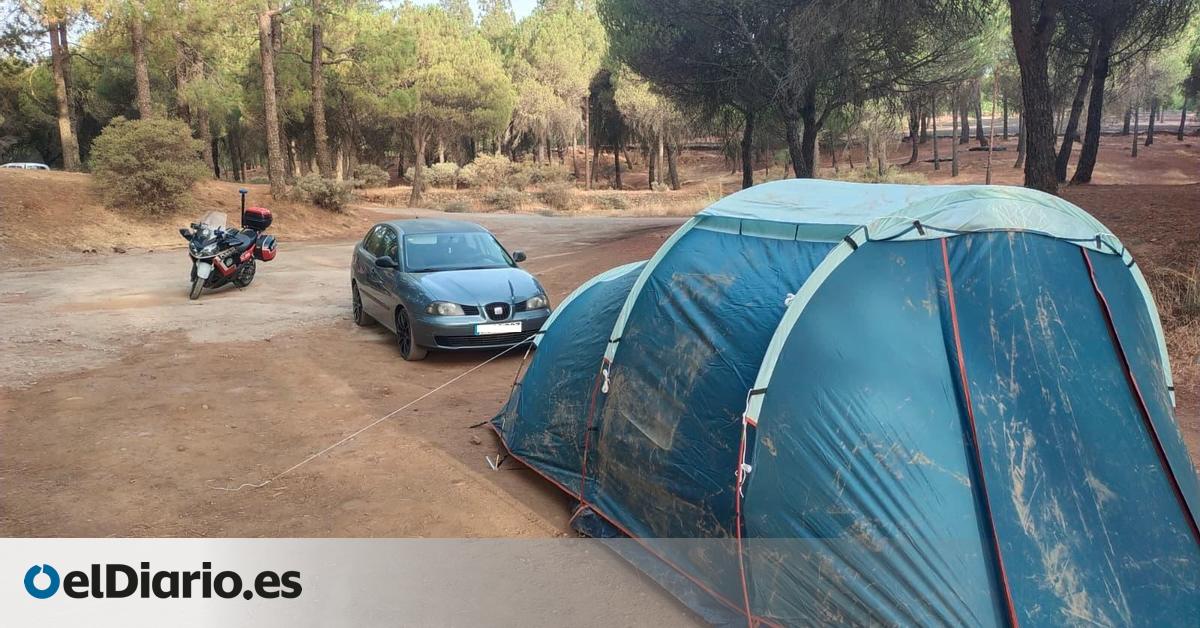Canarian Beekeepers Demand Equality in Funding
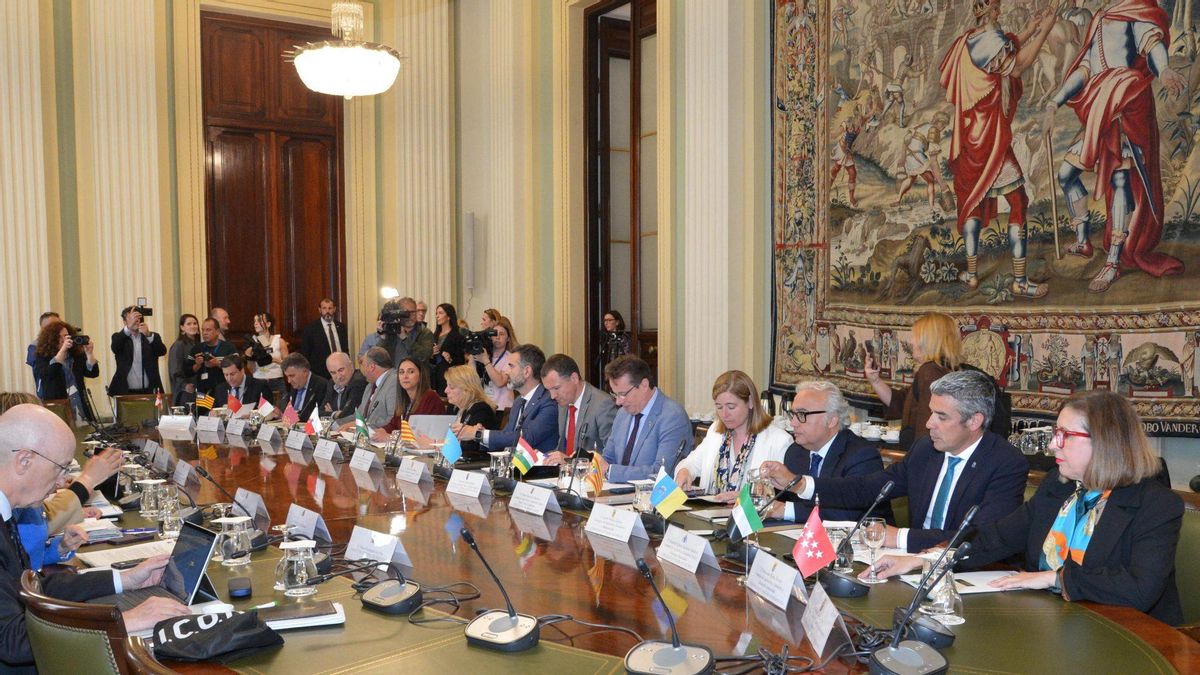
“How can a councillor demand resources for the Canarian countryside while simultaneously accepting that our beekeeping is left at the bottom of the funding list?” questions associations of beekeepers.
The Black Canarian Bee: Award-Winning Honey from a Threatened Breed
The Sectoral Beekeeping Intervention (ISA), part of the Common Agricultural Policy (CAP) regulated by Royal Decree 906/2022, aims to coordinate the fight against varroosis, a disease caused by the Varroa destructor mite. Since its arrival in the Archipelago in 1993, it has posed a threat to local beekeeping and the indigenous Canarian bee breed.
The philosophy of the programme is straightforward: without a collective treatment, no beekeeper can halt reinfestation. For this reason, the ISA finances veterinary medicines, technical advice, and pest control training to ensure a comprehensive approach. In the Canary Islands, beekeeper associations have historically played a central role in this management, ensuring that aid reaches hives via legally sanctioned and monitored systems for collective purchasing of medications, without the need for stockpiling or a dispensary centre.
However, the Canarian ISA call for 2025 introduced additional requirements not outlined in state regulations. Among these, associations must be authorised as official dispensary centres for veterinary medicines.
The groups report that the result has been devastating: only two out of twenty associations in the Archipelago managed to meet the requirements, leaving thousands of hives out, particularly in non-capital islands.
This exclusion has directly affected the distribution of national funds. Although the official census indicates around 33,000 Canarian hives, the low participation in the call significantly reduced the allocation. Consequently, the Canary Islands found themselves at the bottom of the funding list, receiving just €0.82 per hive compared to the national average of €1.53 and €1.25 from the next lowest community, Madrid.
Severe Funding Reductions in 2025
In 2024, the Canary Islands received €1.23 per hive, already trailing the national average of €1.43 per hive. However, the situation worsened dramatically in 2025: with 31,884 hives counted, only €26,108 were allocated, translating to €0.82 per hive, the lowest figure in the entire country.
While regions such as Galicia (€1.66 per hive), the Valencian Community (€1.73 per hive), and the Balearic Islands (€1.74 per hive) comfortably exceed the national average (€1.53 per hive), the Canary Islands are left behind without any technical or proportional justification for this disparity.
Call for Change
Associations insist that “the ISA was conceived as a health tool, not as a bureaucratic filter.” In a fragmented and ultra-peripheral territory, they argue, “the associative network is not incidental but the only efficient way to ensure treatments reach every beekeeper.”
They warn that the risk is not just economic. “If the collective control chain breaks, varroa will spread indiscriminately, and the damage will impact the entire beekeeping stock.”
Beekeepers urge the Government of the Canary Islands to implement state regulations without added burdens and act as a facilitator, not as an obstacle. “Every euro invested must be dedicated to what is essential: protecting bees and, consequently, biodiversity and the rural economy,” they conclude.
Voices from Canarian Beekeepers in Madrid
The Gran Canaria Beekeepers Association (APIGRANCA) has expressed its dissatisfaction with the handling of this issue by the Canary Government’s Minister of Livestock and Fisheries, Narvay Quintero. While they consider the demand for funds crucial for basic resources for the primary sector to be legitimate, they claim that during negotiations, the minister “did not defend Canarian beekeeping,” leading to a distribution that ranks the islands last in public support per hive, as evidenced in the previous images. “How can a councillor demand resources for the Canarian countryside and at the same time accept that our beekeeping ends up at the bottom of the funding list?” asks APIGRANCA.
The association highlights that this decision is not a trivial bureaucratic matter, but has concrete effects on beekeeping health and production. “Every euro that fails to arrive translates into fewer treatments for hives, greater health risks on the islands, and potentially lost harvests,” they assert.
They remind that in the Canary Islands, beekeeper associations are primarily responsible for ensuring the sector’s health coverage, so this lack of resources jeopardises the entire productive system and the islands’ biodiversity.
An Institutional Structural Problem
The criticism is further substantiated by a report published by the Ministry of Agriculture, Fisheries and Food (MAPA), titled “The Beekeeping Sector in Figures: Main Economic Indicators 2024” (July 2025), which shows that while Spain overall improves in production and consumption, the Canary Islands have lost 3,200 hives in the last two years.
This newspaper sought to find out what the Ministry of Livestock and Fisheries of the Canary Government has to say on the matter. They explained that “the distribution of funds was approved at the Sectoral Conference on Agriculture and Rural Development held at the Ministry of Agriculture, Fisheries and Food last June, in accordance with the state regulations that govern the Sectoral Beekeeping Intervention (ISA) 2025 within the framework of the Strategic Plan for the Common Agricultural Policy (PEPAC).” They further clarified that “these distributions by autonomous community are based on granting and weighting criteria that, in addition to the number of hives, also consider the size and ownership of the farms, as well as membership in legally recognised cooperatives or animal health protection groups, among other criteria.”
For APIGRANCA, what occurred reflects a dual reality: structural underfunding and a lack of political defence. “Every euro that doesn’t reach us is not an abstract figure: it’s an untreated hive, an exposed island, and an abandoned beekeeper,” they conclude.




